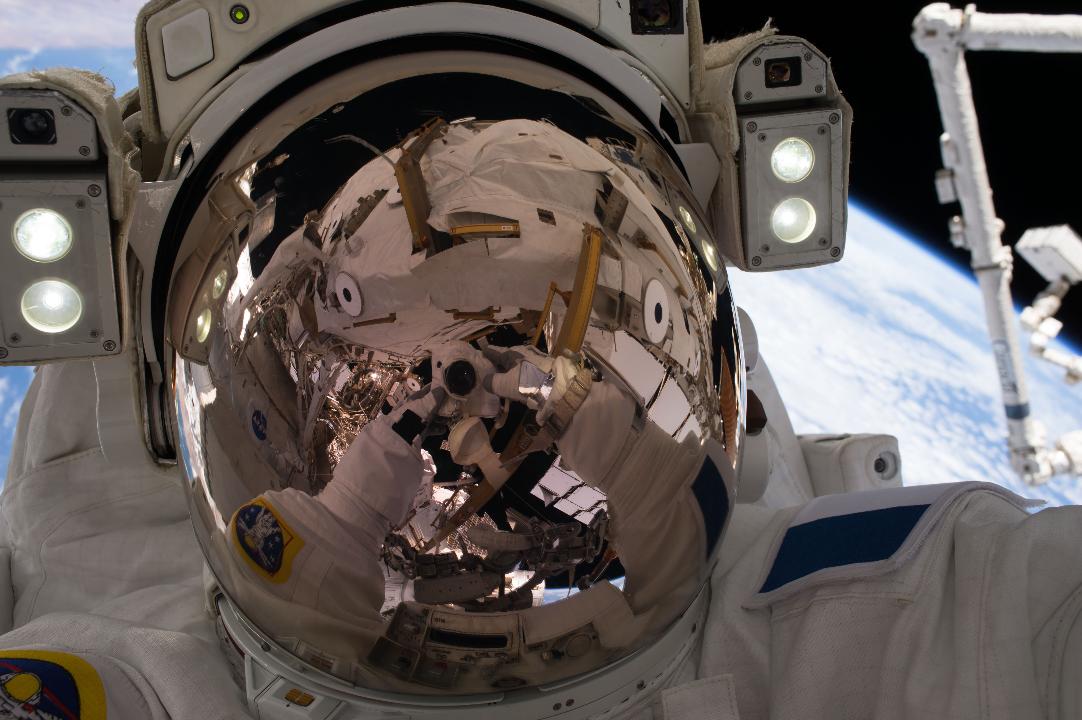International Space Station going private: Who are the key players?
With the Trump administration’s plan to hand off the International Space Station (ISS) to the private sector, the key question is who will emerge as the big players.
The president announced on Monday plans to end direct federal funding for the orbiting lab by 2025 and provide $150 million to begin a program to “encourage commercial development of capabilities” that NASA could use in its place.
U.S. aerospace and defense company Boeing (NYSE:BA) operates the ISS for NASA, being selected as the prime contractor for the Space Station in 1993 and a cost-plus-award-fee contract with NASA that began in 1995. The U.S. currently pays between $3 billion and $4 billion per year to operate the ISS, and since 1993, has spent about $87 billion to build and operate the space lab.
“The International Space Station is a unique laboratory and proving ground for advances that enable future deep-space exploration and improve the lives of people on Earth,” a Boeing spokesperson told FOX Business. “Keeping these advances on track, both technologically and as groundwork for establishing a commercial marketplace in low Earth orbit, is critical. We look forward to working together with the Administration and Congress to preserve American leadership in space with the resources to match.”
Boeing, along with Elon Musk’s SpaceX, are both in the process of developing crew transportation systems to enable U.S. astronauts to travel on an American-made space vehicle—currently the U.S. pays Russia $80 million per seat to travel on Russia’s Soyuz spacecraft. The contracts Boeing and SpaceX have with the American space agency for the vehicles are worth up to a combined total of $6.8 billion.
“If you look when they’re first going to start launching those with crews to the ISS in the 2020 timeframe, there’s not that many years before the end of the station. There’s only two crew missions a year. So the investment made in that and the development activities made in that, unless something happens relativity quickly in the commercial market to offset that in low-earth orbit could be an impact,” Frank Slazer, vice president of space systems at the Aerospace Industries Association, told FOX Business, regarding the impact privatization could have on Boeing and SpaceX.
Other companies, such as NanoRacks, which creates hardware and services, already has its products on the Space Station.
“I’m just delighted that the Trump administration is willing to begin a genuine dialogue that we now have several years to plan,” NanoRacks CEO Jeff Manber told FOX Business.
Another company, Bigelow Aerospace, builds habitable space structures and also is involved with the Space Station, specifically with its Bigelow Expandable Activity Module (BEAM) which is attached to the ISS.
“It’s imperative, it’s critical,” Bigelow Aerospace founder and President Robert Bigelow told FOX Business, regarding the White House’s budget request. “NASA has got itself into a position like they had with the shuttle. We don’t want to see that repeated.”
NASA also partners with the Center for the Advancement of Science in Space (CASIS), a non-profit which Slazer said could be a key player if privatization occurs, to manage non-NASA reach activities on the National Laboratory—the U.S. section of the Space Station. The space agency awarded CASIS a 10-year, $136 million cooperative agreement, extending it last year to September 2024, which increased the total cost to $196 million, according to an audit by the NASA Office of Inspector General.
“They act as the go-between intermediary between non-U.S. government users who want to fly things on the Space Station to do research and experiments … They are pretty active right now. They could potentially be a candidate if they chose to go down that path,” Slazer said.




















